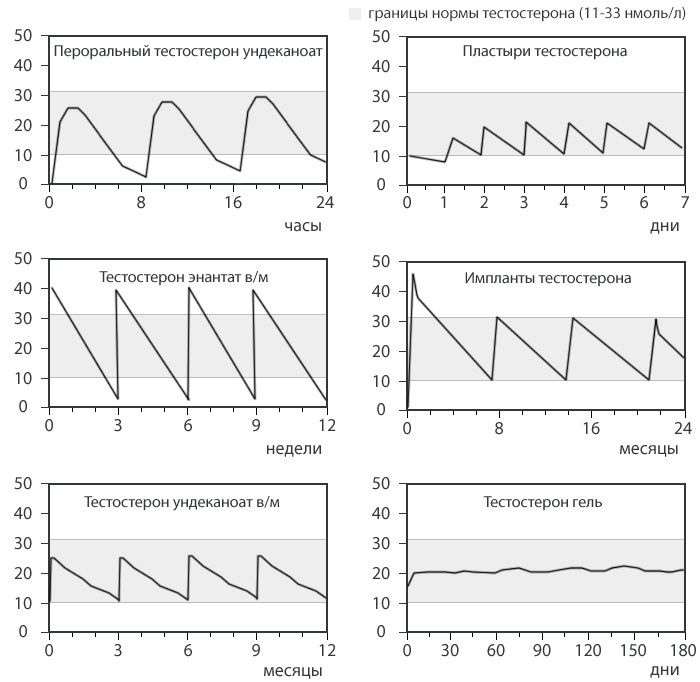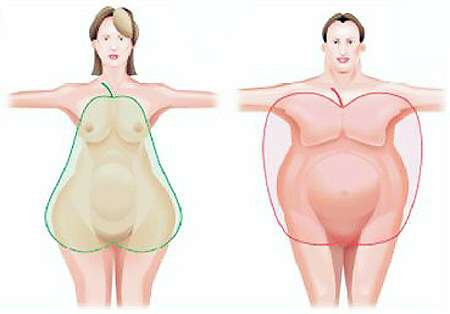Thyroid gland - body shield
 It so happened that of all endocrine diseases the greatest importance is attached to diabetes mellitus. Meanwhile, the pathology of the thyroid gland also deserves close attention, especially after the Chernobyl disaster and other man-made accidents. More and more people meet with postoperative scars on the neck or those who treat the thyroid gland.
It so happened that of all endocrine diseases the greatest importance is attached to diabetes mellitus. Meanwhile, the pathology of the thyroid gland also deserves close attention, especially after the Chernobyl disaster and other man-made accidents. More and more people meet with postoperative scars on the neck or those who treat the thyroid gland.
Of course, the problem of diabetes is acute: in the world about 200 million sick. In addition, the disease often leads to serious complications, which causes a rather high percentage of disability and mortality. The pathology of the thyroid gland in most, though devoid of features of fatality, and yet deserves considerable attention. First of all because of its prevalence. Quite often, the primary lesions of the thyroid gland become responsible for the formation of other serious disorders, for example, cardiovascular, psychoneurological, gastrointestinal or sexual. All this has caused the formation of a direction called "thyroidology" as one of the priority sections of endocrinology.
Causes of thyroid gland pathologies
Speaking of the thyroid gland, it is impossible to avoid the topic of iodine deficiency. Especially in many regions, iodine is sorely lacking either in water or in soil, and hence in products. In an iodine deficit, about 1.6 billion people live on Earth. The range of possible consequences of the effect of iodine deficiency on the human body was much broader than was thought 30-40 years ago. To iodine deficiency diseases, not only goitre( an increase in the size of the thyroid gland) and cretinism( severe congenital pathology), but also many cases of infertility, miscarriages, lag in intellectual and physical development.
This problem is "eternal", i.e. the lack of iodine in the objects of the environment( water, soil) of certain geographic regions by itself will not disappear anywhere. Therefore, iodine prophylaxis should be carried out constantly to ensure a stable intake of physiological doses of iodine into the body. Daily average body requirement for iodine is:
- for children: 50-150 mcg( depending on age);
- for adults: 150 μg( 1 μg is one millionth of a gram);
- for pregnant and lactating women: 200 mcg.
However, excessive iodine can disrupt the work of "thyroid gland": it is solely about doses of iodine, exceeding physiological in hundreds, thousands of times. Healthy thyroid cope with this, but if there are any pathological changes, then with an overabundance of iodine, iron can not cope. In practice, the possibility of occurrence of such complications, as a rule, is underestimated. A source of intake of excess iodine in the body can be even a means for disinfecting the skin, expectorating medicines, or the popular cardiac drug Cordarone. Therefore, one must be very careful.
Diagnosis problems
Thyroid dysfunction is accompanied by a characteristic set of clinical manifestations. Both over-exaggerated( hyperthyroidism) and weakened thyroid function( hypothyroidism) are accompanied by characteristic symptom-complexes. This is in the classical version. However, today, physicians are increasingly faced with atypical or even latent( hidden) course of certain diseases. Thiruodology was not an exception. As a result, patients are treated for a long time from non-existent diseases, before the doctors "guess" that the problem is in the thyroid gland.
For example, the only manifestation of latent hyperthyroidism may be heart rate failure. The doctors' suspicion should cause a lack of a stable effect of standard antiarrhythmic therapy. Especially generous in the unexpectedness of hypothyroidism. Some patients are treated for a long time from iron deficiency anemia, others - from chronic colitis, the third - from infertility. If the diagnosis of classical variants of thyroid dysfunction is based primarily on clinical manifestations, then in the recognition of atypical and latent forms it increases the role of laboratory research. But in practice, the analysis should not be trusted "for 100".Therefore, an endocrinologist should prescribe the optimal spectrum of the studied indicators( taking into account their cost) and make the final decision based on the results of the examinations.
Thyroid dysfunction in children
The most common problem is iodine deficiency. After all, his influence in childhood is more palpable and can cause a certain lag in the physical and especially mental development of the child. A dramatic problem is congenital hypothyroidism. It occurs less often( 1 case per 4000 newborns), and is perfectly amenable to correction. But under condition of timely begun treatment, that is early reliable diagnostics. But at us treatment of such children quite often extends for months, years. And to avoid disability it is not possible. Therefore, in most developed countries, a program for early detection of this pathology has been adopted.
The most dangerous problem is thyroid cancer. Therefore, the parents of any node in the neck of the child should cause suspicion, these children require careful examination. Timely complex treatment of thyroid cancer in children gives quite good results.
Is it "under the knife"?
Our people are reluctant to go "under the knife."Sin self-medication, without the appointment swallow tablets, try to be treated by unconventional methods. Endocrinologists should not be afraid! Official medicine is also not a supporter of unconditional surgical intervention. Non-medicamentous( natural) methods of treatment are in service with doctors.
Methods of "biological medicine" are actively used in the complex treatment of endocrine diseases. There are specialists who have gained certain experience in the field of physiotherapy, acupuncture, phytotherapy, homeopathy, homotoxicology. You need to use all methods to make a person healthy.


